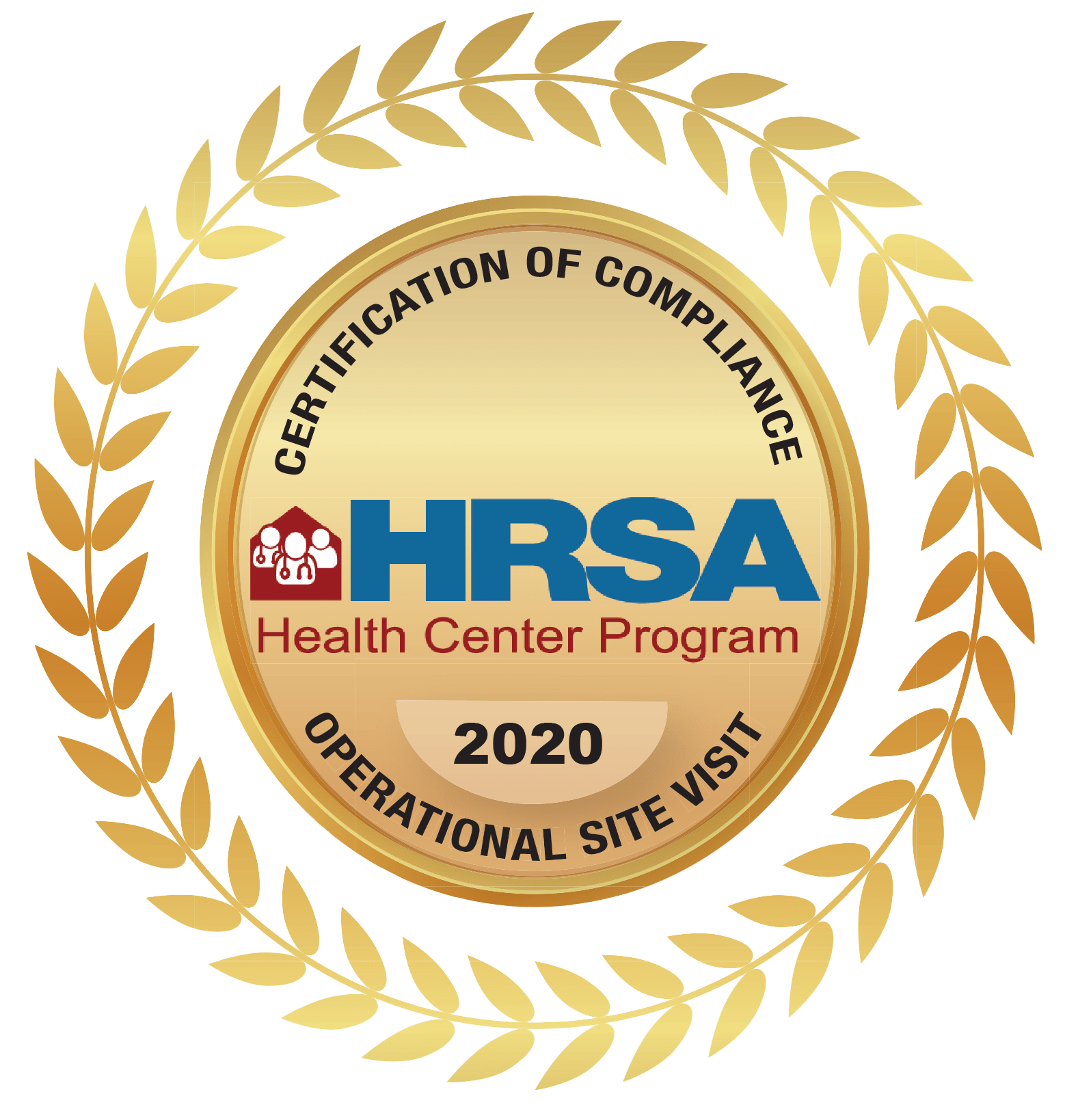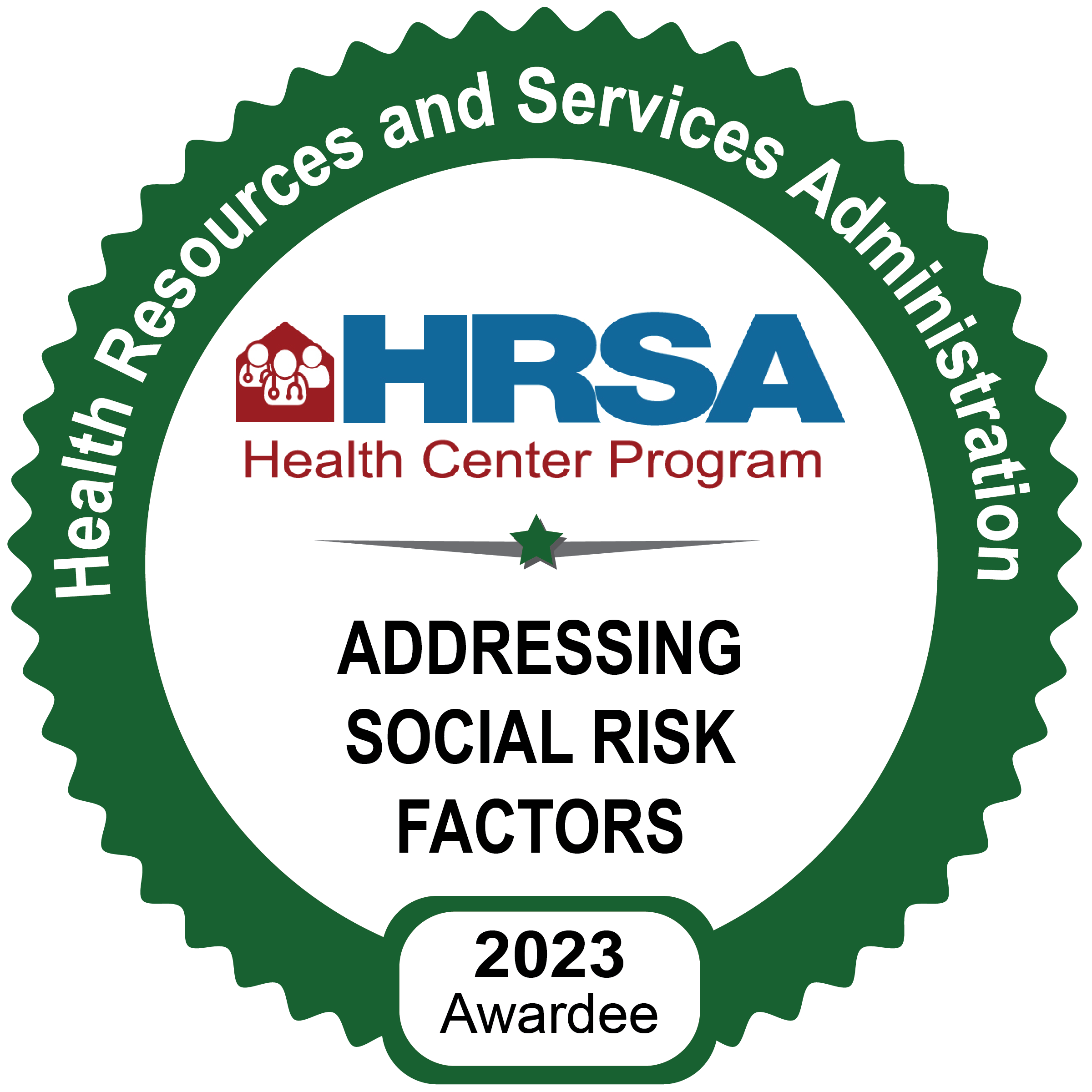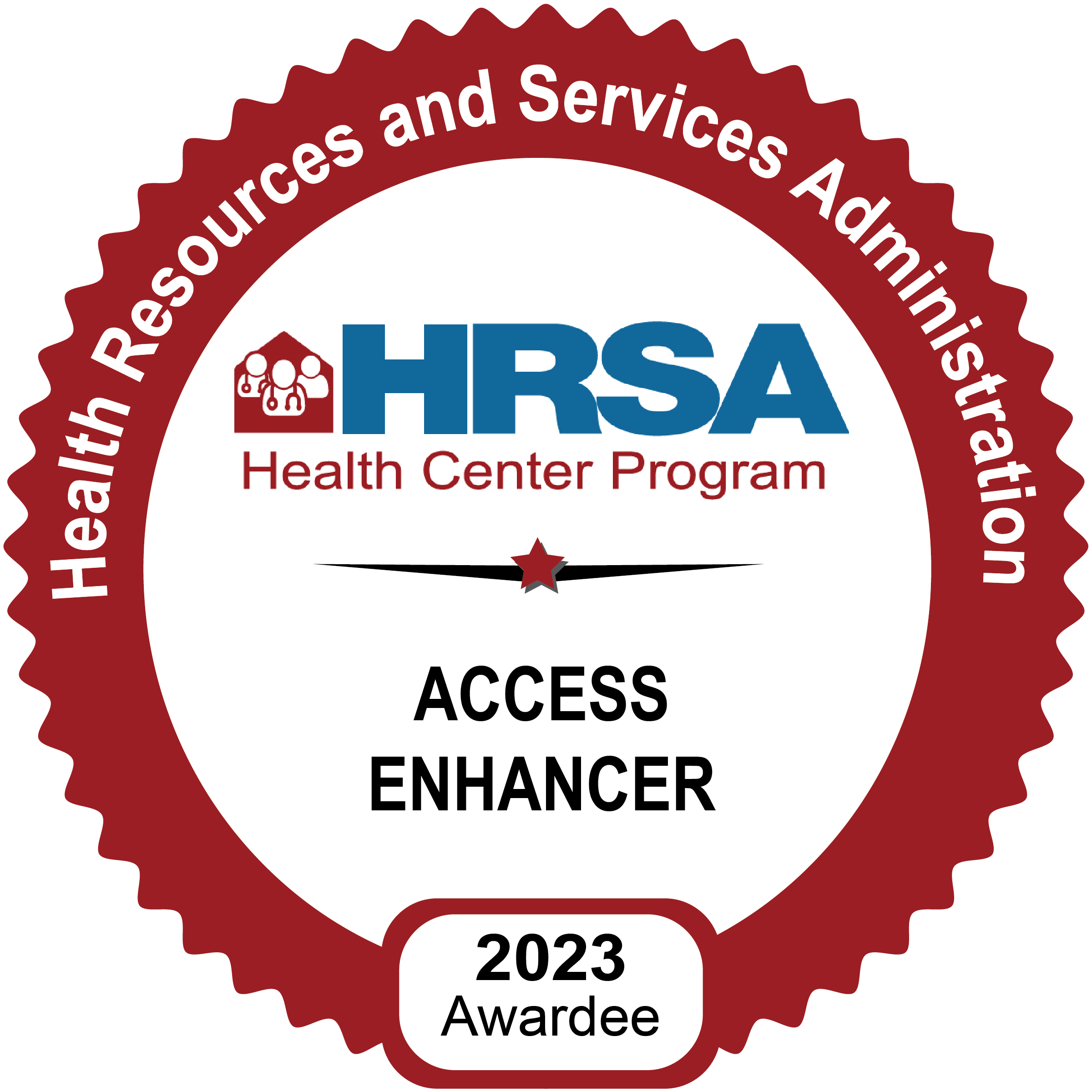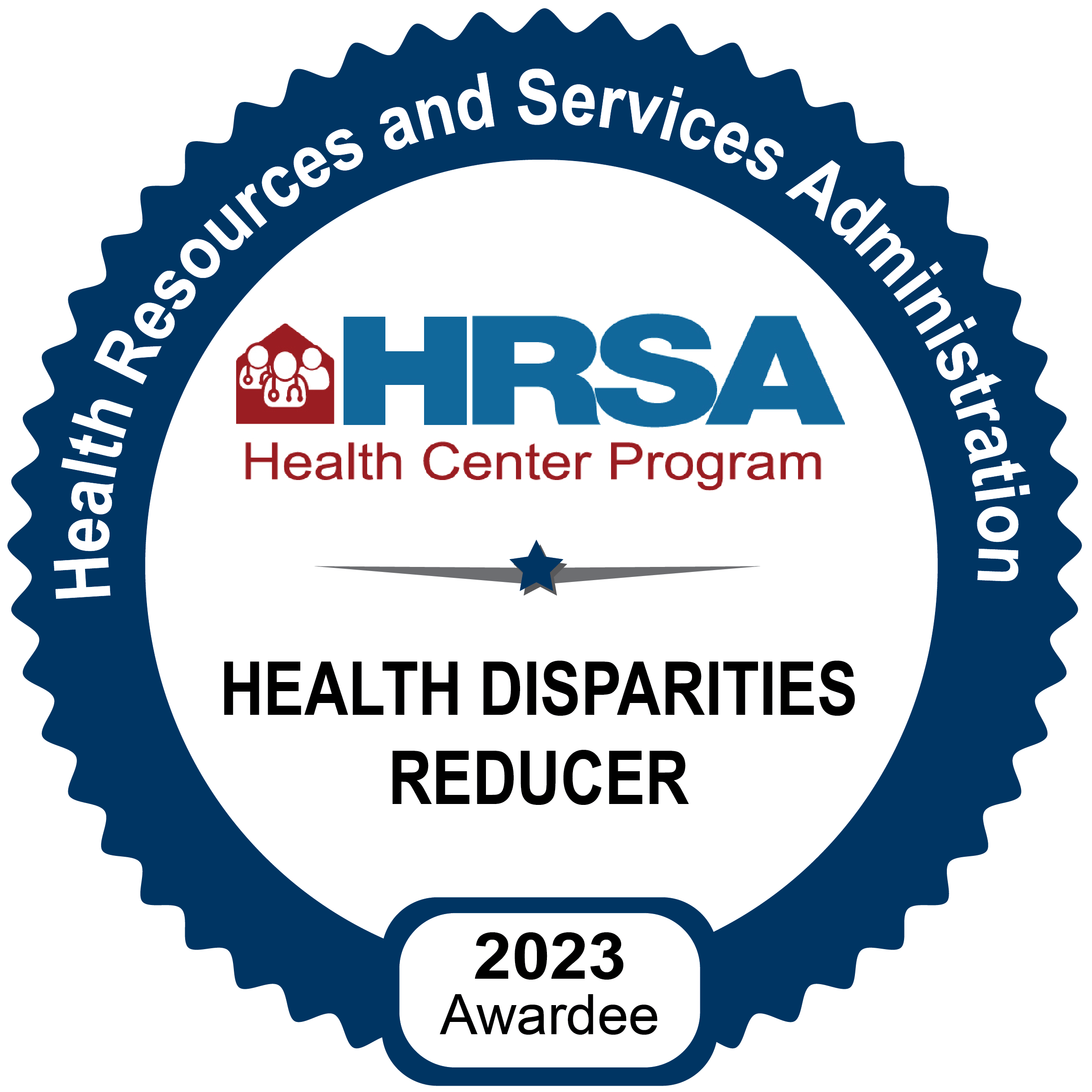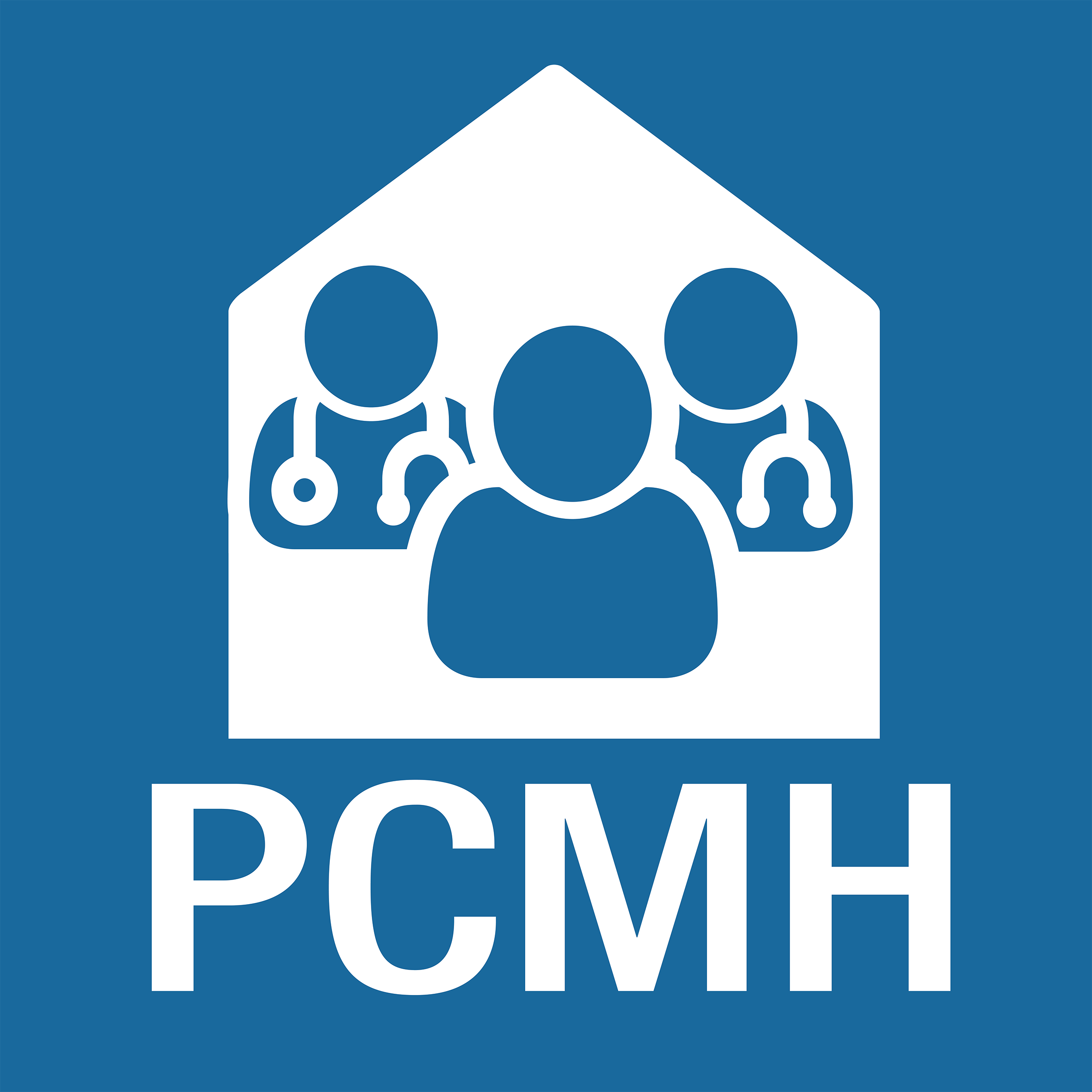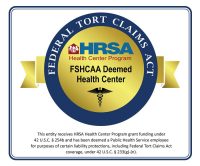Prostate cancer, and the screenings to detect it, are a common topic of discussion during Men’s Health Week. This is partly because men are less likely to get recommended screenings and preventative health visits. Prostate cancer can often be found early through regular screenings and dealt with while it is in an early stage and, accordingly, easier to treat.
There are two main testing methods for early prostate cancer detection. The first is a blood test, which looks for prostate-specific antigen (PSA) levels in the blood. The other way is the digital rectal exam, also known as a DRE; the DRE is a physical exam, which involves feeling the prostate gland. The PSA and DRE are initial screening tests, used to determine whether further testing, such as a biopsy, is needed.
In its early stages, prostate cancer grows very slowly and has no noticeable symptoms, which is why screening for this cancer is vital. If caught early, prostate cancer is easier to treat. Thankfully, in the state of Colorado, health insurers are required to cover the PSA exam, although coverage of the DRE exam may vary from provider to provider.
The American Cancer Society recommends that men work with their primary care provider to determine their level of risk for prostate cancer, and then work out a recommendation for when to begin prostate screenings.
- For men who are at average risk, the recommended age to begin regular prostate screenings is age 50.
- For men who are at high risk, including men who have a first-degree relative (such as a father or brother) who was diagnosed with prostate cancer before age 65, screenings might begin at age 45.
- For men at the highest level of risk – for example, men who have more than one first-degree relative with prostate cancer, screenings should begin as early as age 40.
- Depending on the results of your first PSA screening, your healthcare provider will decide whether you should be screened annually, or whether your risk is low enough to test every two years.
Prostate cancer and screenings are a difficult topic for many men to discuss, but your health is important to your quality of life and to those who love and care about you. If you’re approaching the age when you might have to start receiving these screenings, talk with your healthcare provider about your health history, risk factors, and when it makes sense to begin your screenings.
To make an appointment with a Valley-Wide Health Systems provider in your area, call 719-589-3658. Valley-Wide is expanding with a new clinic in Buena Vista, stay tuned to our website and social media channels for more updates on this clinic.
References:
American Cancer Society Recommendations for Prostate Cancer Early Detection



